Wikinomics: l'économie 2.0
En fouillant dans une librairie, plus tôt cette semaine, j’ai été tenté de mettre la main sur Wikinomics, de Don Tapscott et Anthony D. Williams. Je suis persuadé que les nouvelles technologies de la communication et le maillage social vont engendrer une ère de collaboration sans précédent qui bouleversera les structures économiques existantes. Le phénomène va exploser dès lors que les nouvelles technologies se répandront dans les pays en voie de développement. L’internet et les applications sociales tendent vers le rapprochement global. Les deux auteurs ont déjà créé un site, un blogue, et plus encore. Chose assez inusitée de la part de ceux qui lancent un livre, ils expliquent leur thèse dans une série d’articles publiés dans le Globe and Mail, précédée d’une introduction.
- Suffer the children: The Net Generation is entering the workforce. Are you ready?
The traditional approaches to planning, decision-making and information transfer are painstakingly slow to [the Net Generation] reared on instant everything. They are incredibly well-connected and can tap into a huge network of their peers, either through their instant messaging contact lists or through social networks. Nothing stays secret for long. N-Geners don’t take well to the hierarchical and authoritarian management style; they like to work in teams, collaborate, so that problem solving becomes a communal task. They expect to be involved in decision making.
- Part 1: Peer Pioneers: A new world: Get your mass collaboration road map set
Empowered by the growing accessibility of information technologies, millions of people already join forces in self-organized collaborations that produce dynamic new goods and services that rival those of the world’s largest and best-financed enterprises.
- Part 2: Ideagoras: Web’s greatest asset: A new marketplace for ideas
For smart companies, the old notion that you have to motivate, develop, and retain all of your best people internally is becoming null. Of course, you’ll still need great internal talent. But increasingly, you should assume that many of the best people reside outside your corporate walls.
- Part 3: Prosumers: ‘Second Life’ is a signpost for the future: Fabricated online environment an exciting, long-term engine of change, innovation
More than half (some 57 per cent) of online teens surveyed are [...] « content creators. » That amounts to half of all teens aged 12-17, or about 12 million youth in the United States, alone. [...] The opportunity to bring N-Geners (and other customers) into the enterprise as co-creators of value is huge. It possibly presents one of the most exciting, long-term engines of change and innovation that the business world has ever seen.
- Part 4: The New Alexandrians: Lessons learned from the ancient Greeks
The bottom line is that sharing is not playground etiquette; it’s about growth, innovation, and profit. What’s more, this logic of sharing applies in virtually every industry.
- Part 5: Platforms of Innovation: Smart companies lay their cards on the table
Companies can harness today’s global pool of free agents by creating dynamic platforms for innovation that provide opportunities for partners to share in the profits.
- Part 6: The Global Plant Floor: China’s motorbike industry’s decentralized model holds lessons for all manufacturers
Mass collaboration is the future of manufacturing, even for the most complicated product we can think of — the new generation jumbo aircraft. Boeing is leading the way with its Boeing 787 Dreamliner by replacing its entire modus operandi with mind-boggling global collaborations.
- Part 7: Mass collaboration unleashes ‘Us’ power: Web-based tools offer advantages for firms that adapt their working style
Loosening organizational hierarchies and giving more power to employees can lead to faster innovation, lower cost structures, greater agility, improved responsiveness to customers, and more authenticity and respect in the marketplace.francois guite
Par ricochet :
Économie et transport en commun
L’économie du partage
Le passage à une économie de la créativité
L’accès à la recherche
Oscar: le source libre appliqué à l’auto / ZAP Québec
Vous pouvez suivre les commentaires en réponse à ce billet avec le RSS 2.0 Vous pouvez laisser une réponse, ou trackback.
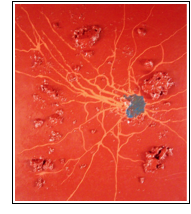

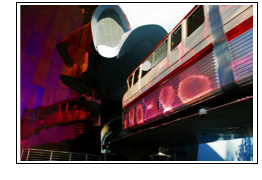

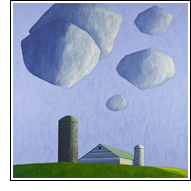
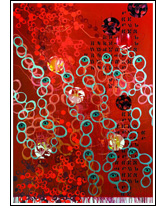

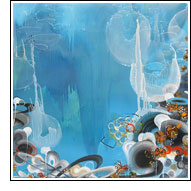

Ce livre m’attend pour le retour de vacances. Début dans les premiers jours de janvier, je pourrai t’en faire quelques échos.
Sur ton blogue, peut-être… c’est toujours un plaisir de te lire, Clément, mais pas autant que de discuter de vive voix
Un excellent ouvrage !